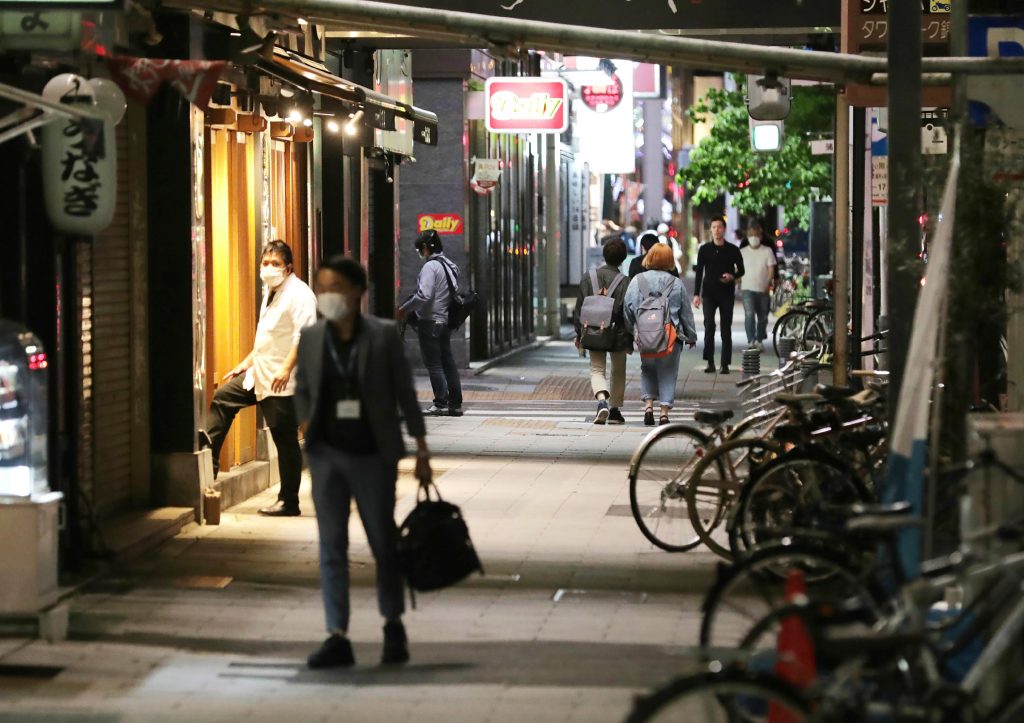
- ARAB NEWS
- 15 Jun 2025

TOKYO: Residents of 39 Japanese prefectures where the coronavirus state of emergency was lifted Thursday should not visit Tokyo or other prefectures under special alert at least for now, the national government said.
The government made that clear in its basic coronavirus response polices revised the same day at a meeting of its headquarters to address the virus outbreak.
The state of emergency remains in place for the eight prefectures with the special alert status, where intensive measures against COVID-19 are still necessary.
The revised basic policies say that the government will consider carefully whether to ease or remove requests for voluntary restrictions on travel.
This is in line with the National Governors' Association's view that voluntary restrictions on travel should be maintained even after the partial lifting of the emergency declaration.
At a news conference Thursday, Prime Minister Shinzo Abe said citizens should refrain from visiting other prefectures at least until the end of May regardless of whether they came out of the state of emergency.
In a notice sent to each prefecture following the revision, the central government presented conditions for approving events.
Indoor events will be approved if the number of participants is 100 or lower and the facilities run at half or less capacity, according to the revised policies.
For outdoor events, the maximum number of participants is 200, and all participants should keep a distance of 2 meters from each other, the policies said.
The government wants citizens not to visit nightclubs or other entertainment facilities after a series of cluster infections happened at such places, according to the policies.
In prefectures where the state of emergency was lifted, residents and businesses are asked to continue such measures as teleworking and staggered commuting.
The central government will swiftly consider requesting again voluntary restrictions on going out and business suspensions in such prefectures if any second wave of infections is confirmed there, the policies said.
JIJI Press